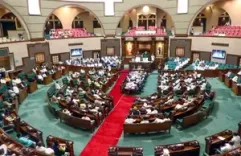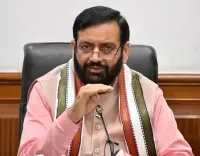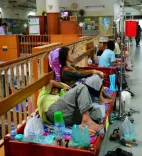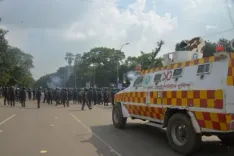Why Does Mamata Banerjee Support Illegal Infiltration?
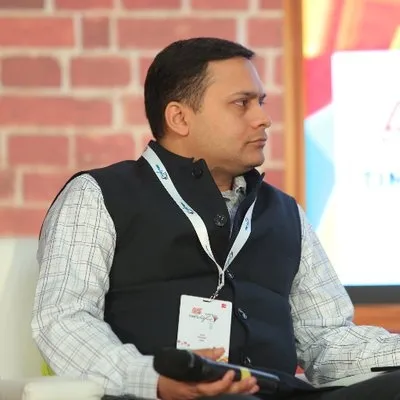
Synopsis
Key Takeaways
- Amit Malviya's eight reasons highlight political tensions in West Bengal.
- Mamata Banerjee's support for Urdu has raised questions about her community affiliations.
- Claims of demographic changes could shape future electoral dynamics.
Kolkata, July 27 (NationPress) BJP leader Amit Malviya, on Sunday, outlined eight reasons he believes West Bengal Chief Minister Mamata Banerjee is the "largest supporter of illegal infiltrators, including Bangladeshi nationals and Rohingyas", as well as an "enthusiastic proponent of the Urdu language".
In a statement released on Sunday and shared on his official X account, Malviya asserted that Mamata Banerjee had publicly stated her wish "to see Prime Minister Narendra Modi and Home Minister Amit Shah arrested" for political motives.
Malviya noted that in 2014, the official Trinamool Congress social media page shared a report from a Bangladeshi news source that cleared the party of any wrongdoing.
With regard to Mamata Banerjee's connection to the Urdu language, he pointed out her decision to declare Urdu as the second language of West Bengal and her introduction of special scholarships aimed at enhancing Urdu language education.
He further claimed that her support for a specific religious community was evident when she announced a special stipend for Imams and launched the Urdu Academy in the state back in 2014.
“That same year, she directly threatened the Prime Minister, asserting that he had no authority to expel Bangladeshis from West Bengal,” Malviya's statement highlighted.
According to Malviya, the Chief Minister's declaration that Urdu would be officially recognized in regions where a "certain community" constituted over 10 percent of the population exemplified her particular affinity for that community and their language.
He also pointed out that in 2017, Mamata Banerjee voiced her support for the Rohingya.
“Mamata Banerjee aims to alter the demographics of Bengal. Bengalis must remain vigilant,” Malviya's statement concluded.
His remarks come a day after a heated exchange on X between him and the Chief Minister, following her social media post referencing findings from a New York-based NGO, Human Rights Watch (HRW), which validated her claims about the alleged mistreatment of Bengali-speaking individuals in BJP-governed states.
In response to her post, Malviya accused Mamata Banerjee of inviting foreign interference in India’s domestic concerns and argued that she was echoing the narrative advocated by organizations like HRW, which he claimed is heavily financed by George Soros, known for its anti-India stance.

